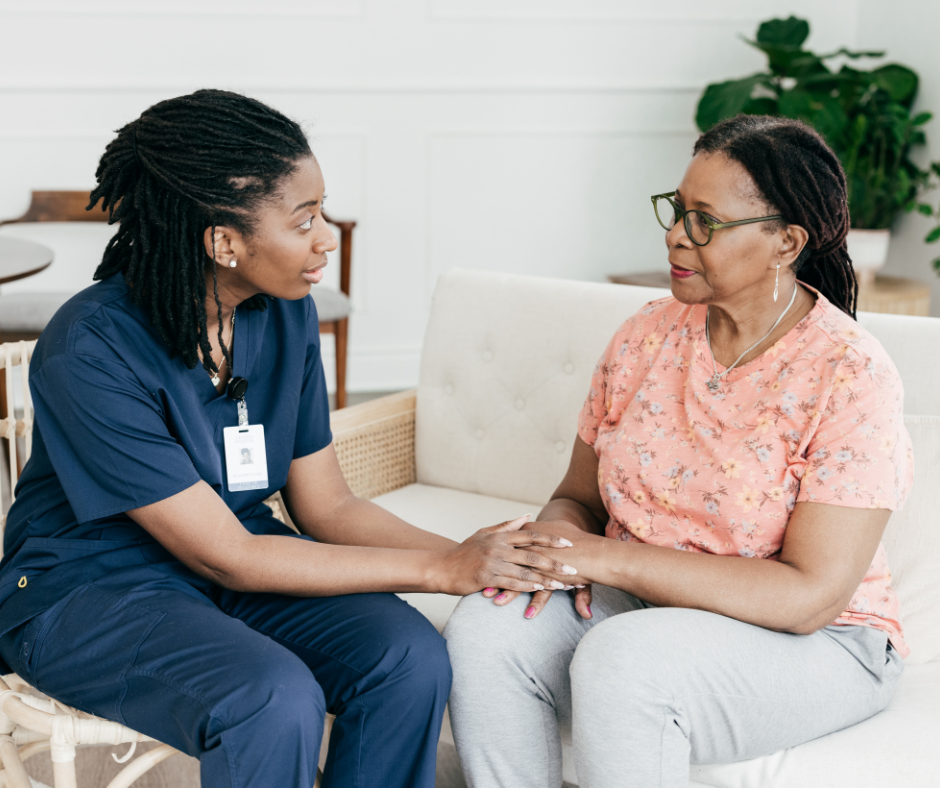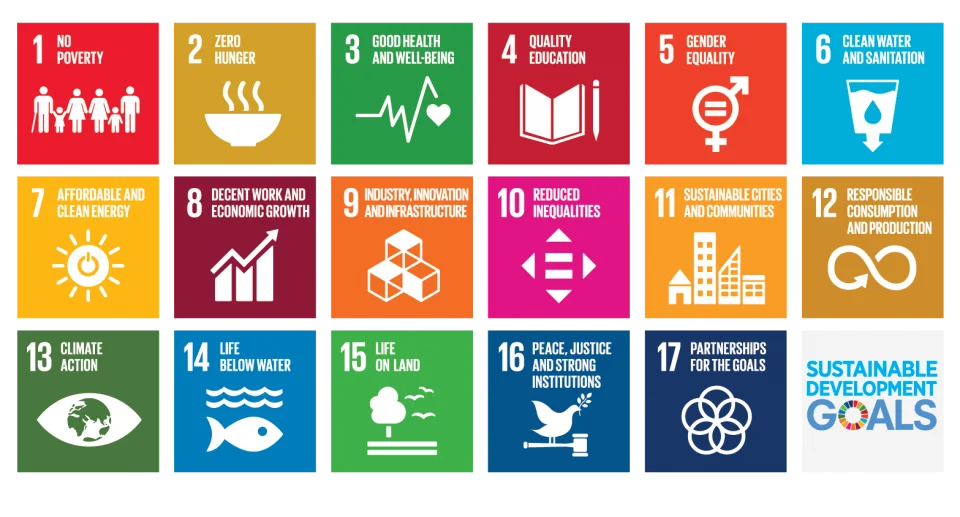When a spouse dies, the surviving partner’s world shatters in an instant. Beyond the immense emotional toll, widowhood has profound and often overlooked impacts on physical health. At Voice of Widows, we seek to shed light on this silent struggle and provide actionable support for those enduring this journey.
The Hidden Toll of Grief
The death of a spouse is one of life’s most distressing events, and its repercussions on health are multifaceted. Studies have shown that widowed individuals face increased risks of both physical and mental health issues, including:
- Heart Health: The “broken heart syndrome” is not just a metaphor. The risk of cardiovascular disease skyrockets following the loss of a spouse. The stress and sorrow can lead to elevated blood pressure and heart rate, contributing to heart attacks and strokes.
- Immune System: Grief weakens the immune system, making widows more susceptible to infections and diseases. The body’s ability to fight off illness diminishes, leading to prolonged sickness and slower recovery times.
- Mental Health: Depression and anxiety are common, with symptoms ranging from mild sadness to debilitating despair. The risk of developing severe mental health disorders increases significantly, especially when the widow lacks a strong support network.
- Cognitive Decline: The mental strain can lead to cognitive issues such as memory loss and decreased concentration. The stress hormone cortisol affects brain function, exacerbating conditions like Alzheimer’s disease.
- Sleep Disorders: Insomnia and other sleep disturbances are frequent companions of grief, further deteriorating overall health. Lack of sleep affects cognitive function, emotional stability, and physical well-being.
Taking Action: Strategies for Healing
While the journey through widowhood is incredibly personal and unique, there are proactive steps that can help mitigate some of the adverse health effects:
- Seek Professional Support: Therapy and counseling can provide a safe space to express grief and learn coping mechanisms. Support groups, both in-person and online, can offer community and understanding from those who have walked the same path.
- Prioritize Physical Health: Regular check-ups with healthcare providers are essential. Monitoring heart health, managing stress, and maintaining a balanced diet can help counteract some of the physical tolls of grief.
- Stay Active: Physical activity, even in small doses, can improve mood and overall health. Activities like walking, yoga, or gardening can provide both physical exercise and a mental break from grief.
- Build a Support Network: Lean on friends, family, and community resources. Social connections are crucial for emotional support and can significantly impact mental health.
- Practice Mindfulness and Relaxation Techniques: Mindfulness, meditation, and breathing exercises can reduce stress and improve emotional resilience. These practices can help widows remain grounded and manage overwhelming feelings of loss.
- Engage in Meaningful Activities: Pursuing hobbies, volunteering, or engaging in community activities can provide a sense of purpose and distraction from grief.
An Urgent Call for Awareness and Support
The effects of widowhood on health are profound and demand urgent attention. As a society, we must recognize and address these challenges, providing comprehensive support for those enduring such a loss. At Voice of Widows, we urge you to:
- Educate Yourself and Others: Understanding the health risks associated with widowhood is the first step toward empathy and support.
- Advocate for Better Resources: Support policies and programs that provide mental health services, healthcare access, and community support for widows.
- Reach Out: If you know someone who has recently lost their spouse, offer your support. Sometimes, the simplest gestures— a listening ear, a shared meal, or a comforting presence—can make a significant difference.
Widowhood is a journey no one should have to navigate alone. By acknowledging the health impacts and taking collective action, we can help those who grieve find a path to healing and hope.







